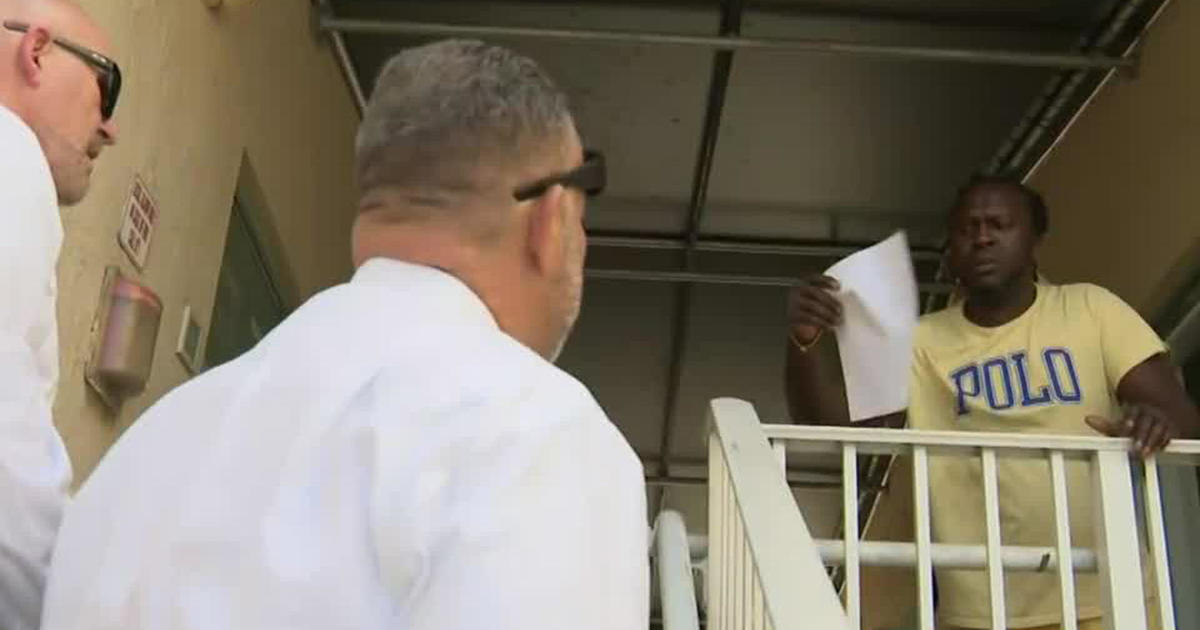Talking Baby: Baby Reflux
MIAMI (CBSMiami) - In this edition of "Talking Baby", we've all eaten things that didn't agree with us. Perhaps you've gotten heartburn or nausea?
Imagine a tiny baby having to deal with reflux. It's more common than you might think.
Infants get gastroesophageal reflux, or GERD, and it can cause a range of problems for baby, mom and dad.
There's a lot to be happy about for 6-month old, Andres Grandal. But, when Andres was two weeks old, he started having scary symptoms.
"He started having issues with vomiting, not keeping anything down," said mother Mercy Grandal.
Grandal took Andres to see specialist Dr. Alisa Muniz-Crim, a gastroenterologist at Miami Children's Hospital.
"He was vomiting all the time, poor sleeper, hospitalized him for a brief time to try to understand what was going on," said Muniz-Crim.
It took some time but it turned out that Andres had a severe form of a fairly common problem, acid reflux.
Dr. Muniz-Crim says reflux is the "movement of liquid from the stomach to the esophagus. It happens to everyone multiple times a day in you or I. it's a little more obvious in babies because they spend so much time on their back. Because of that, it's easy for liquid to come up and muscles are not as strong."
Two-thirds of babies suffer from reflux in the first few months of their lives. For parents, it's hard to know what's going on.
"It's so frustrating when they cry and you hold them and can't console them. You can't figure it out and you get so tired and nothing you do consoles them," Grandal.
The symptoms are often easier for doctors to spot. Even the best-behaved babies can get really cranky and often throw up anything they eat. Even mild forms can cause discomfort and sleeplessness. Dr. Muniz-Crim says there is no way to prevent reflux, but there are some things parents can do to minimize symptoms.
"Babies are usually helped by changing the position that you're feeding them, holding upright even after feeding them, Also, burping intermittently, and positioning sleep on an incline," said Muniz-Crim.
But, babies with more severe symptoms need medicine, like Previcid or Zantac The most severe cases need surgery. Luckily, medicine helped Andres who is healthy and happy once again.
"He's just like any other average 6-month old," said Grandal, "And that's what you want as a mom. That's exactly what we were hoping for."
RELATED CONTENT:



